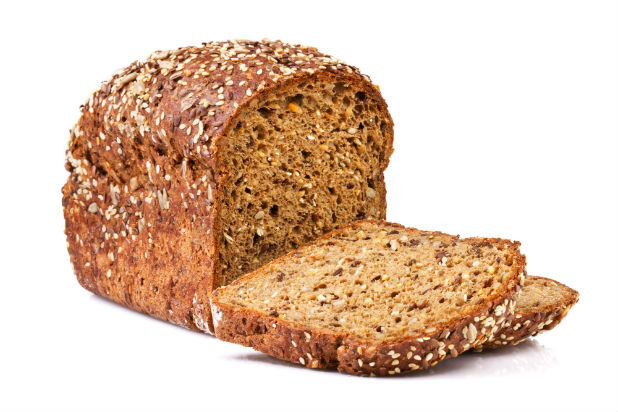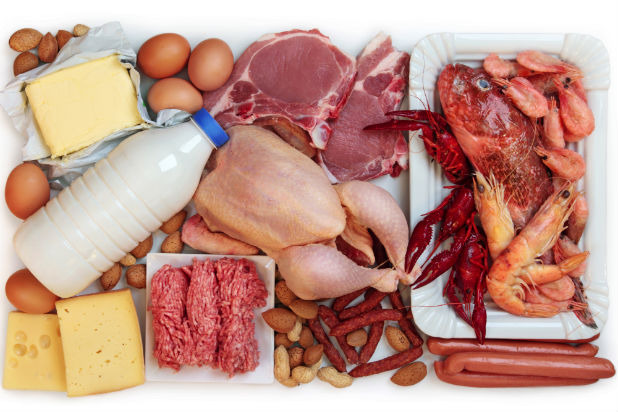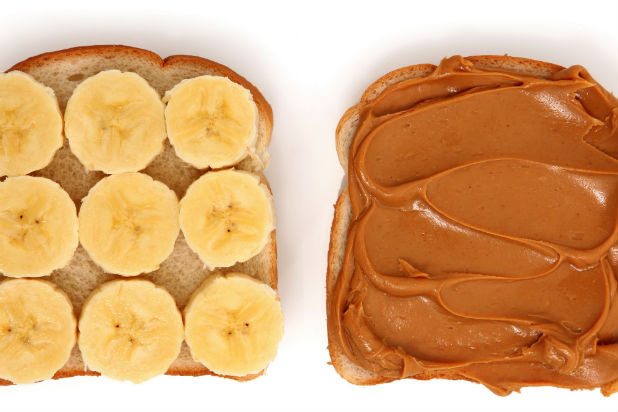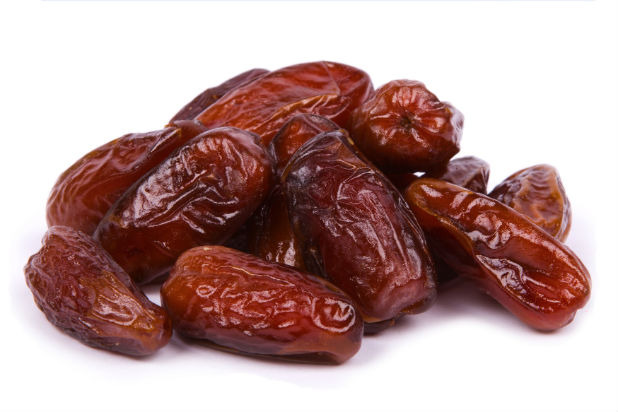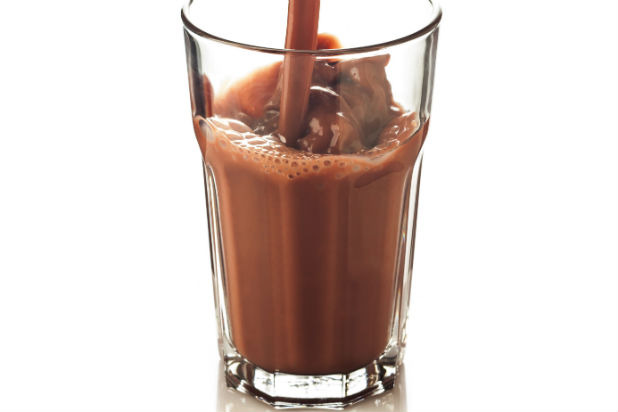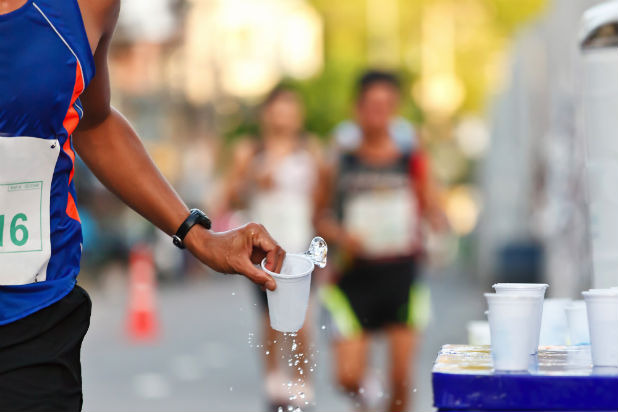What To Eat When You're Training For A Marathon (Slideshow)
A low-carb diet may be the trendy way to lose weight, but it's not the way to train for a race. (Read: running is better than dieting!) When preparing for a marathon, a majority of your daily calories should come from carbohydrates — about 55 to 60 percent — in order to fully fuel your workouts. Bring it on, right? Healthy sources of carbs include whole grains (whole wheat pasta, brown rice, and quinoa), fruits (berries, melons, and apples), and vegetables (sweet potatoes, carrots, and leafy greens).
But Don’t Ignore the Protein
While Atkins steers you wrong with the carbohydrates — it is all about the protein, which is something dieters and runners alike can get behind. With its key amino acids, protein is key to repairing and building muscles. Protein shakes, protein bars, and protein powders can become all the rage, of late, but don't think these are the only — or the best — protein sources for your training. Commercial products often include extra sweeteners that your body doesn't need. Meat, fish, eggs, and yogurt are all whole foods rich in protein.
Pre-Run
It's not ideal to run on an empty stomach, but it's just as bad to eat on your way out the door. Carbohydrates help sustain energy, but they still need time to digest. More than any other meal, pre-workout eating varies most between runners, as it entirely depends on what time of day you go for a jog. If it's early in the morning, for instance, there's a good chance you're lacing up your sneakers before even your coffee maker has woken up. So if you don't have time to have breakfast and wait a half hour or more to digest, don't worry about it. Just make sure to fuel up before the long runs (say, 10 miles or more).
Mid-Run
For marathoners, energy gels are one of the go-to "food" sources — food in quotation marks because anyone who hasn't trained for a long distance race would have no idea what these are. Even runners might have trouble giving a concise explanation. So what are they? Designed to be consumed during long workouts and races, energy gels are gelatinous supplements rich in carbohydrates, sodium, potassium, and sometimes caffeine. Understandably, a lot of people can't stomach them, or are just grossed out by the idea. More natural alternatives include almond butter, honey, and dried fruit such as dates. Click here for some natural recipe inspiration.
Post-Run
You just finished an hour-long jog — you're awesome — but don't jump in the shower just yet. There are a couple rituals you should always follow after an intense workout. In addition to stretching, re-fueling within 30 minutes following a run is critical for muscle recovery. Here's the magic ratio to restock glycogen levels: four to one carbs to protein. And here's the good news. Chocolate milk is "a great refueling source," according to sports nutritionist Clete McLeod.
Practice Makes Perfect
If you're preparing for a marathon, chances are, you're not going to train by riding a bike. The same basic logic applies to eating habits. As discussed above, long runs require proper nutrition both before and during — so consider one of the goals of training to figure out what training diet works for you. For instance, if energy gels suit you, be sure to use them during your long runs in training, so on race day, your stomach will be as prepared as your legs.
Race Day
Eat your usual pre-run meal, make sure you're prepared to fuel-up during the race, and — most importantly — book a reservation at a great restaurant to celebrate the achievement afterward.
